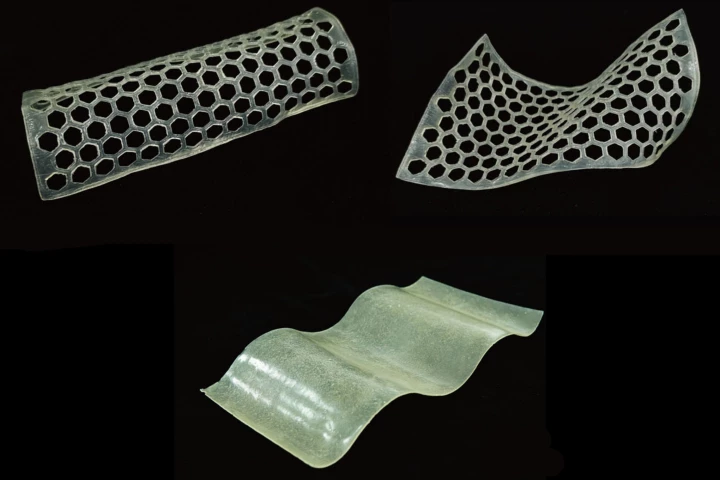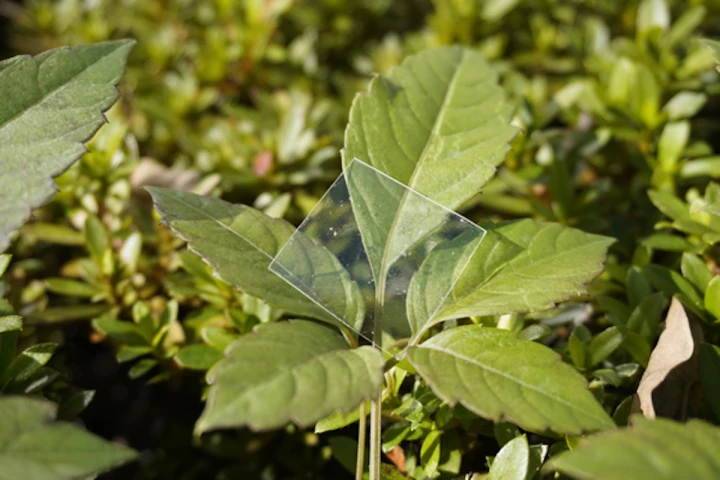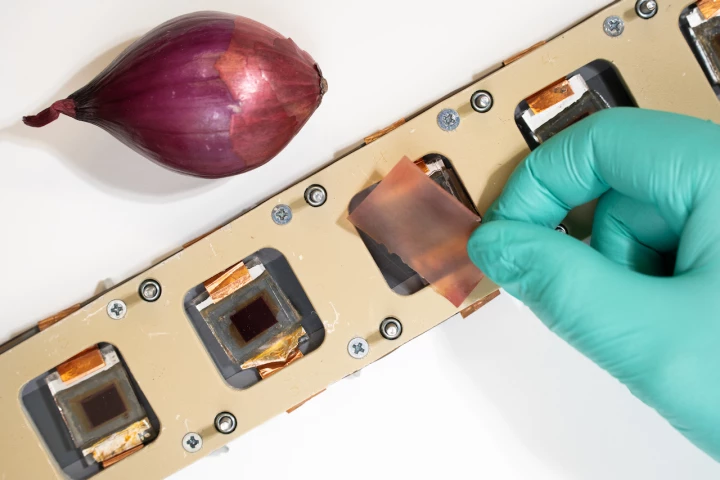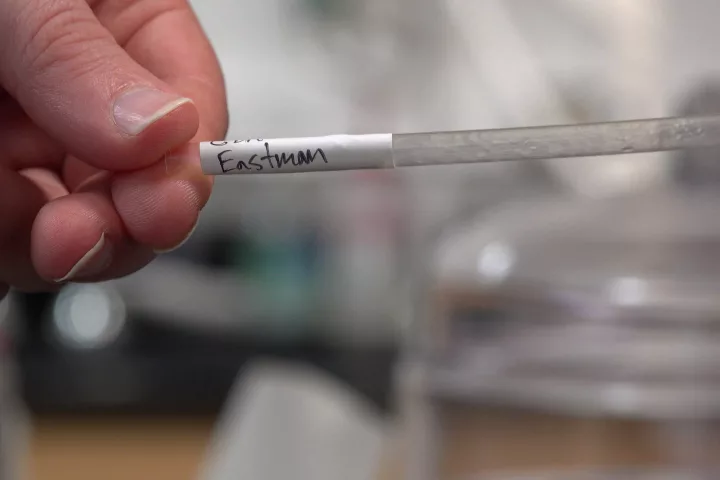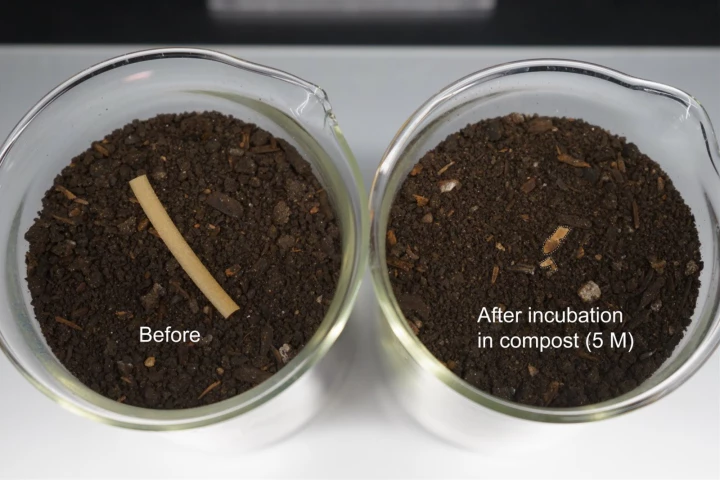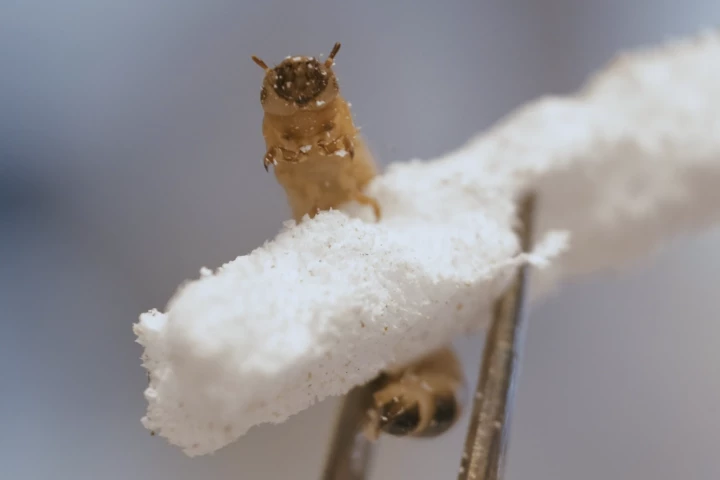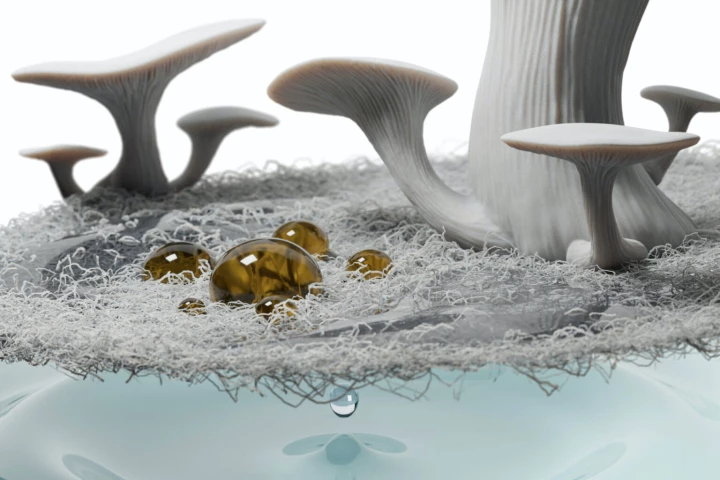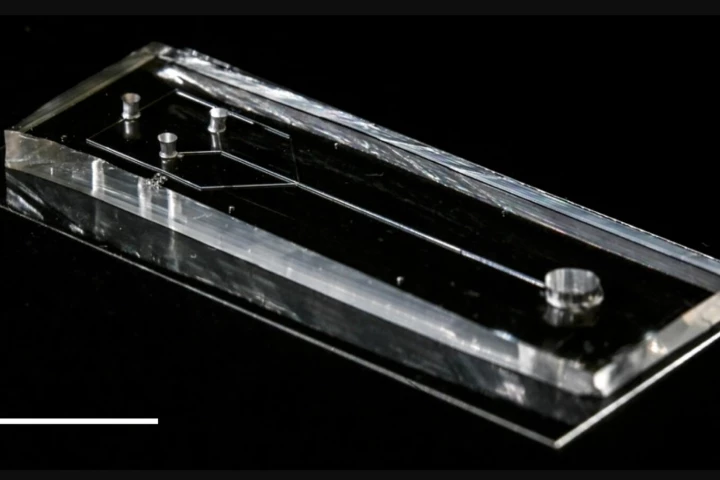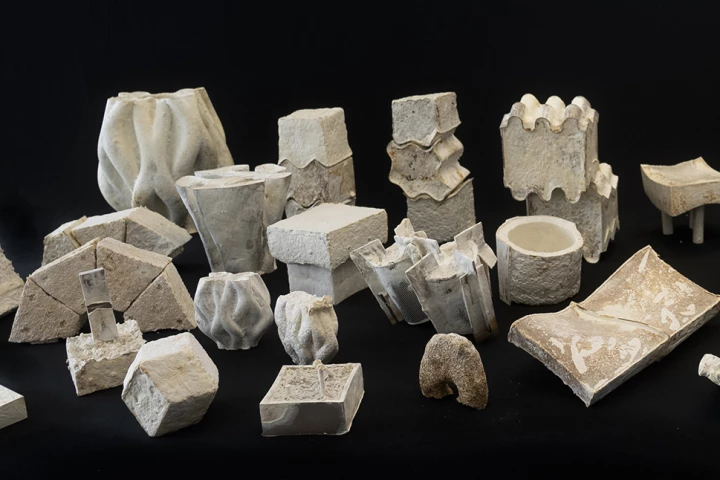Biodegradable
-
Paying respect to the dead can be an eco-unfriendly matter, whether opting for a wooden coffin or cremation. Instead, Loop Biotech has found a way to save forests and reduce CO2 emissions with the Loop Living Cocoon, a mushroom-based casket.
-
Researchers in China have devised a new method for producing bamboo-based plastic which results in a strong material that can compete with traditional plastics, be flexibly shaped as needed, and can also degrade in soil in less than two months.
-
Scientists at RIKEN in Japan have developed a new type of plastic that’s just as stable in everyday use as regular plastic, but dissolves quickly in saltwater, leaving behind only safe compounds.
-
Solar cells are subjected to a lot of harmful ultraviolet light, as they're typically placed for maximum sunlight exposure. A new eco-friendly coating could help protect them from those UV rays, and its active ingredient is extracted from onion skin.
-
Researchers have spent the last few years trying to find which type of plastic biodegrades the fastest. It turns out that a common plastic we've been using for over 100 years does, and they've learned how to accelerate that process.
-
A new biodegradable plastic embedded with spores of plastic-eating bacteria manages to break down 90% of the material after five months in landfill. Weirdly, this actually made the plastic tougher and stronger during use.
-
Scientists have created a lab-grown microbiome like the one found in a tiny plastics-munching worm, and it has the potential to efficiently and sustainably biodegrade the world's most common and troublesome plastics – all without the need for the worms.
-
When it comes to cleaning up marine oil spills, it's best if you can use a material that separates the oil from the seawater. Scientists have created a new organic membrane which does exactly that, and it's derived from oyster mushrooms.
-
Scientists believe lightweight, ultra-strong and flexible spider silk is now one step closer to commercial use thanks to a deceptively complex 'box' that can spin nature's wonder fiber in a "spontaneous, extremely rapid, and highly reproducible" way.
-
Japanese scientists have developed a new type of plastic that can easily break down on demand into its base components. In seawater it starts to break down into food for marine life, and just to top it off, it can self-heal and remember past shapes.
-
It was just last month that we heard how waste coffee grounds could be utilized to boost the strength of concrete. Well, new research shows that such otherwise-unwanted grounds could also be used to 3D-print plant pots, single-use cups and more.
-
Focused on creating a greener future, the UK’s PLP Architects have collaborated with nature to create a renewable, biodegradable fungus-based modular block with the potential to become a new building material with minimal environmental impact.
Load More

